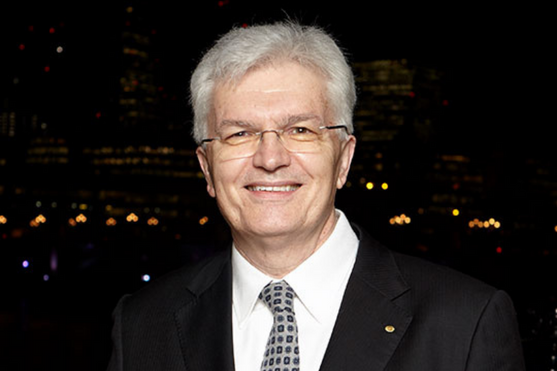
If poverty was easy to solve, it would not long endure. That it persists despite much public and private investment, despite people and agencies committed to its eradication, despite generations of social science research and policy proposals, points to the implausibility of swift solutions. The most promising initiatives are also the most time-consuming. Collective impact involves long timelines and endless perseverance to work through each cycle of disadvantage, understand it, and create new off-ramps.
Yet strive we must. Our obligation does not diminish because the task is hard. The persistence of inequality should leave few illusions about the structural nature of disadvantage. It is not only a matter of funding but of acknowledging and addressing racism, isolation and cultural barriers.
For some people requiring Meals on Wheels in Canberra, mental health and disability proved formidable barriers to participation. They could not find a way into community. A shared life must be more than modest social benefits delivered anonymously to a bank account, or a Saturday afternoon visit from a student bearing a chicken stew.
People are inventive and independent. Give them a viable off-ramp and they will take control of their lives. Yet Two Australias: a report on poverty in the land of plenty suggested that for people left out ‘choices are few and deprivations are many’. Those living with disadvantage ‘do not want charity’ said the authors. ‘They want justice. They want fairness.’
Cycles of disadvantage are dogged and entrenched but not impervious. Our world can prove more malleable than expected. Just as our childhood seems inevitable, a time when everything is fixed and preordained, so social arrangements appear immutable. Debates about the right level of social provision in Australia rumble on for decades with little change in outcomes.
And then society is upended. COVID-19 arrives and governments suddenly experiment with a universal basic income, free childcare, doubled social security payments, hotel accommodation for people living on the streets, guarantees of employment, and a moratorium on rent payment and eviction. Emergency payments briefly lift some relying on Commonwealth benefits above the poverty line.
These innovations also underscored a sharp line in our society: those eligible for support, and the refugees, recent migrants and stranded international students deemed as not meriting public assistance.
For many Australians, the recession that has followed COVID-19 has up-ended a sense of security.
‘As they age and succeed,’ says author Michael Lewis, ‘people feel their success was somehow inevitable. They don’t want to acknowledge the role played by accident in their lives.’
So, to be suddenly at the mercy of impersonal economics has been sobering. The pandemic revealed the fragility of many people, businesses and social institutions. It also demonstrated the strength of community, a stoicism to endure, fortitude amid adversity. Most Australians accepted social isolation for months at a stretch because they acknowledged the risk to others from spreading infection.
Their leaders also rose to the challenge. COVID-19 upturned decades of conventional thinking about the use of public funds. Citizens welcomed a federal government working closely with states to co-ordinate care and support: a brief vision of a different, more collaborative, Australia.
Let this prove more than a flash of summer lightning. Governments and communities, working together, can manage adversity through sharing power. The lowest interest rates in history offer a chance to rethink public investment. A nation that saves its people from calamitous health outcomes and deploys vast reserves to soften economic distress can also address poverty.
To do so, government must engage more effectively with charities. Charities can help those most at disadvantage but cannot solve problems alone; the imbalance in resources requires partnership. Pressing elected representatives should be part of the philanthropic enterprise. Charity must not be silent about advocating for greater fairness, even when this offends politicians. ‘Advancing public debate’ is an acceptable objective under charities legislation.
It is not enough to give: the challenge is to empower by addressing the causes of poverty. Inevitably this is a political argument.
This is an extract from On Life’s Lottery by Glyn Davis. Published by Hachette Australia, RRP $16.99